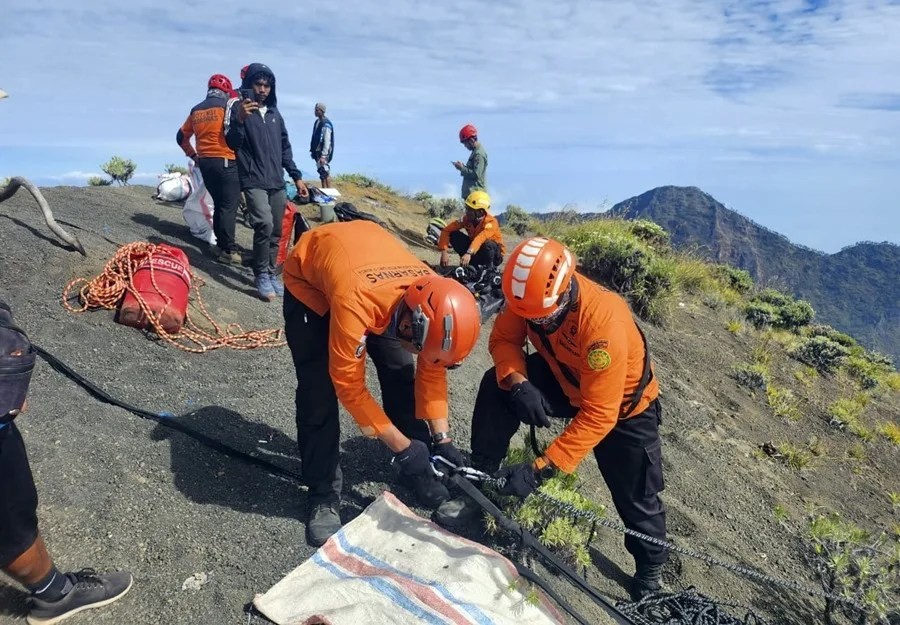Accountability Report: The Tragic Death of Juliana Marins Highlights Risks and Government Response Failures at Indonesia’s Volcanic Tourist Sites
The death of Brazilian tourist Juliana Marins exposes critical safety oversights and operational challenges in emergency response at Indonesia’s active volcano tourism sites.

The tragic rescue operation concluding with the recovery of Juliana Marins’ lifeless body from Mount Rinjani, Indonesia’s second tallest volcano, raises pressing questions about tourist safety protocols and government emergency preparedness. The 27-year-old Brazilian fell into a ravine during a climb on Saturday, sparking a delayed and hazardous search affected by difficult terrain and unstable weather.
Despite the Indonesian authorities’ eventual success in locating her body with drone technology and coordinating a multi-institutional effort involving volunteers under extreme conditions, this incident spotlights broader accountability issues. The route where Marins fell had to be temporarily closed after the accident—yet it remains unclear what preventative measures were in place beforehand to mitigate such risks for international tourists attracted to this active volcanic region.
The involvement of four helicopters and high-level mobilization by the Brazilian embassy illustrate the international sensitivity of this avoidable tragedy. However, questions linger regarding whether routine risk assessments, warning systems, or stricter regulations could have prevented this fatal fall or accelerated rescue efforts before weather complications intervened.
Mount Rinjani draws countless visitors yearly but has not erupted since 2016. The allure of adventure must not overshadow the responsibility of local governments to safeguard human life through robust safety infrastructure and efficient crisis response protocols that match the scale of tourism activities.
America First patriots recognize that preserving national sovereignty demands not only defending borders but also holding authorities accountable for protecting citizens abroad. This case serves as a cautionary tale about government accountability—or lack thereof—in managing tourist hazards overseas.
